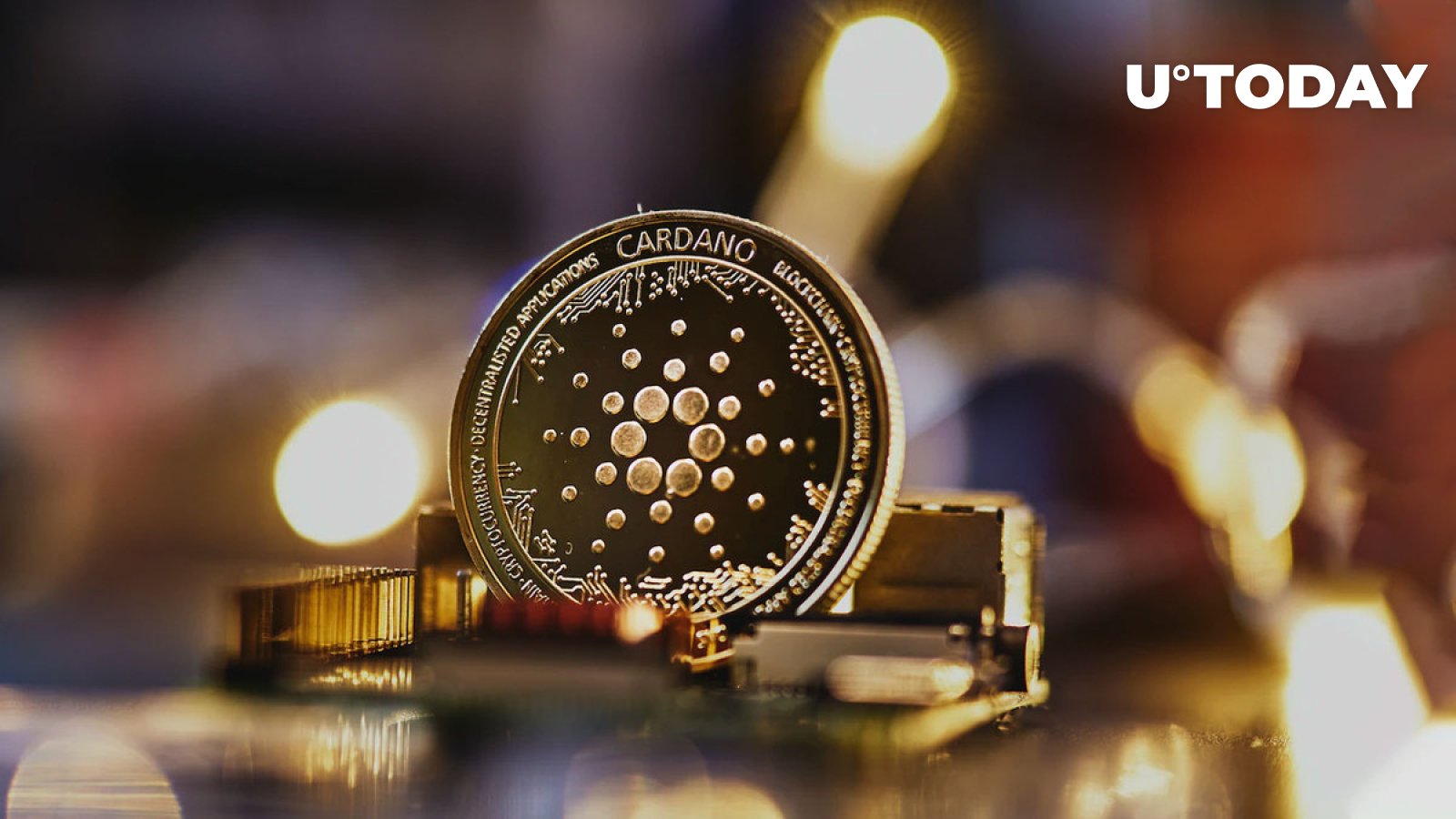
Cardano still has long way to go to get closer to networks like Ethereum, but it is certainly not ghostchain
The common “Cardano is a ghostchain” narrative that was launched by Ethereum maxis a few weeks back might not be the most accurate thing in the world, considering the number of transactions the network saw this year.
According to Cardano Blockchain Insights, 25% of all transactions on the network have been generated this year only, thanks to the release of decentralized applications and the change in the way of handling transactions.
2/ So almost 25% of all tranactions were generated in the last year.
if you want to examine which dApps have generated load – find out at @dappsoncardano https://t.co/xv5UEjvZ7y
— Cardano Blockchain Insights (@InsightsCardano) October 8, 2022
The release of SundaeSwap, Minswap and various NFT marketplaces provided the most network load, according to Dapps on Cardano. Contrary to the popular belief, the blockchain can handle more than one transaction per second. However, it is done differently compared to a network like Ethereum.
Because it uses the eUTxO accounting model, ADA has to “fit” numerous entities in one block and then redistribute funds among them, making numerous transactions per block de facto possible.
Due to the aforementioned mechanism, some blockchain explorers and network trackers cannot see the true number of transactions and show values way below the actual number of transactions made in a certain period.
However, the network still has a long way to go to catch up with blockchains like Ethereum or Solana that successfully process thousands of transactions per second, especially during the rise of the DeFi and NFT industries.
The lack of demand for decentralized solutions that persists in the industry today makes Cardano less profitable than it could be. Both the NFT and DeFi industries took a big hit after the cryptocurrency market entered the bear market it has not exited yet.
Read More: u.today









 Bitcoin
Bitcoin  Ethereum
Ethereum  Tether
Tether  XRP
XRP  USDC
USDC  Solana
Solana  Dogecoin
Dogecoin  TRON
TRON  Cardano
Cardano  Lido Staked Ether
Lido Staked Ether  Wrapped Bitcoin
Wrapped Bitcoin  LEO Token
LEO Token  USDS
USDS  Toncoin
Toncoin  Chainlink
Chainlink  Stellar
Stellar  Avalanche
Avalanche  Shiba Inu
Shiba Inu  Wrapped stETH
Wrapped stETH  Sui
Sui  Hedera
Hedera  MANTRA
MANTRA  Bitcoin Cash
Bitcoin Cash  Polkadot
Polkadot  Litecoin
Litecoin  Binance Bridged USDT (BNB Smart Chain)
Binance Bridged USDT (BNB Smart Chain)  Ethena USDe
Ethena USDe  Bitget Token
Bitget Token  WETH
WETH  WhiteBIT Coin
WhiteBIT Coin  Pi Network
Pi Network  Hyperliquid
Hyperliquid  Monero
Monero  Wrapped eETH
Wrapped eETH  Dai
Dai  Uniswap
Uniswap  OKB
OKB  sUSDS
sUSDS  Pepe
Pepe  Aptos
Aptos  Coinbase Wrapped BTC
Coinbase Wrapped BTC  Gate
Gate  NEAR Protocol
NEAR Protocol  Ondo
Ondo  Tokenize Xchange
Tokenize Xchange  Cronos
Cronos  Mantle
Mantle  Internet Computer
Internet Computer  Ethena Staked USDe
Ethena Staked USDe